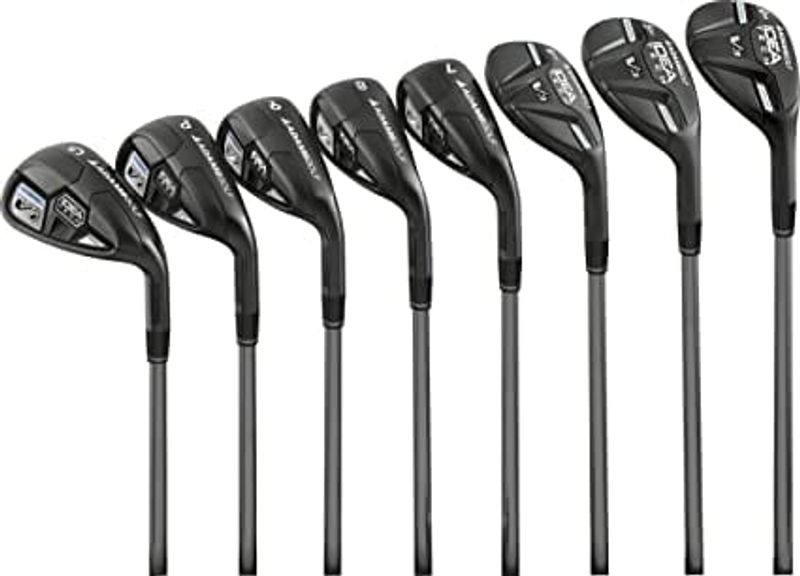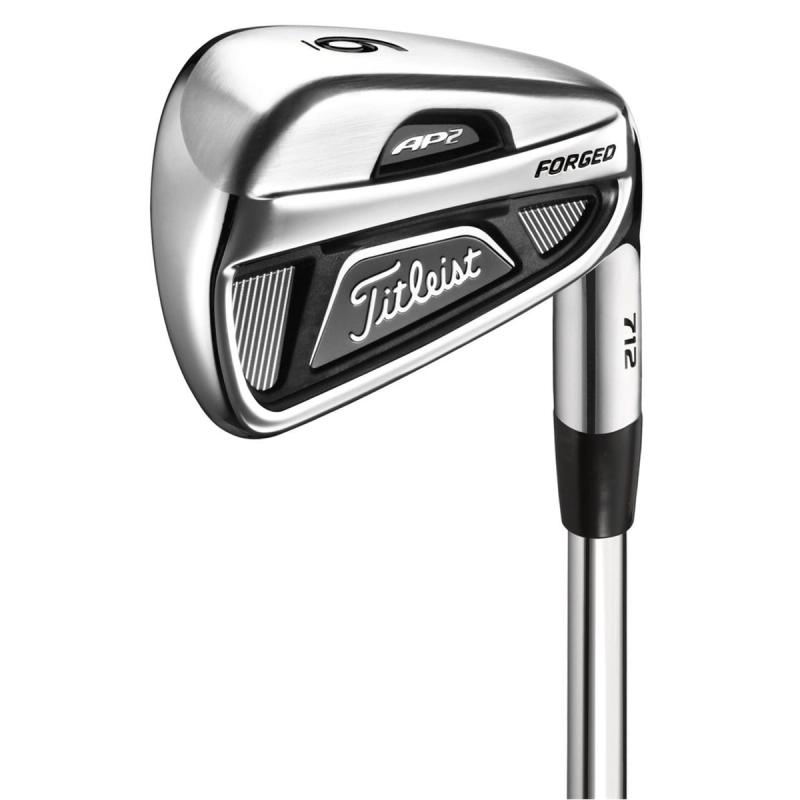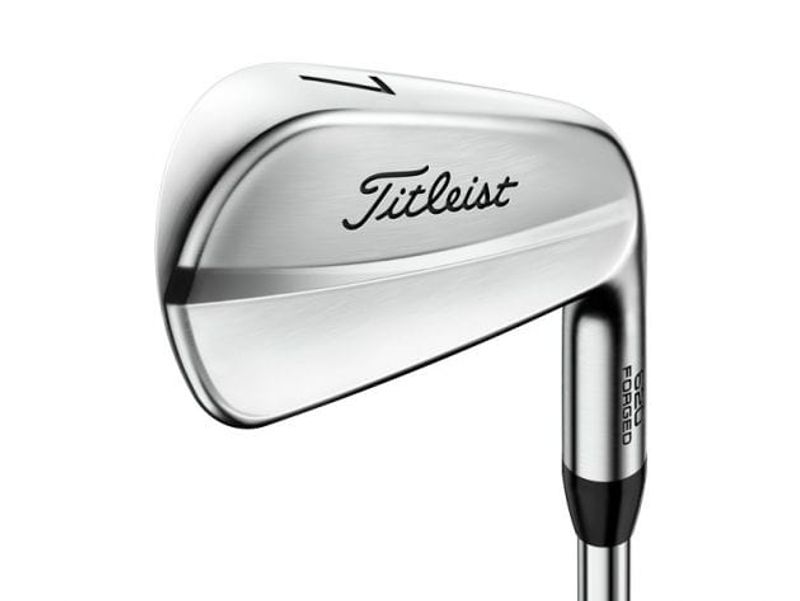This post may contain affiliate links for which I receive a small commission when you make a purchase, at no additional cost to you. See my affiliate disclosure for more information.
Purchasing a quality set of irons is only the first part to becoming a great ball-striker. Aside from hundreds of hours of practice, in order to stick the ball close consistently, you must find an iron set that works for you. Here are some of the considerations that I make when purchasing a set of irons:
What are my options?
Others might tell you different, but I categorize irons into four categories:
Hybrid Irons- these are extremely forgiving and are great for a golfer who doesn't play often, doesn't have a high swing speed, or who is in the beginning stages of the game.

Cavity Back Irons- these irons are forgiving but have a slightly thinner look than hybrid irons. If you shoot between 87 and 105 (legitimately), these might be a good choice.

Forged Irons- forged irons are probably the most common iron on tour these days. They offer more forgiveness than blade irons, but still have that sleek look that the tour players want. These are my personal choice of irons, and I shoot anywhere from high 60's to mid 70's on average. I put these in the bag when I was averaging about 80, and definitely saw my game improve with them. If you are serious about improving your game, it doesn't matter what skill level you are, you will eventually have to own a set of forged irons.

Blade Irons- these are just another option for the tour player. They are the thinnest and smallest iron, and require the most precise strike to achieve solid contact. I don't see any benefit of having blades, but some tour pros still play them, so I'm not talking.

How Good am I?
The better question is, how good do you want to be? There are no rules saying that the beginner cannot purchase a full set of forged irons. I think this golfer would struggle tremendously at first, but if they could withstand the frustration without losing confidence in their ability, this would be the surest route to improve a golf game. If you don't aspire to shoot in the 70s consistently, cavity back irons are a good option.
The only situation where purchasing hybrid irons makes sense to me is if you don't hit the ball very far. If you can swing the club with decent clubhead speed, purchasing hybrid irons is a waste in my opinion.
How Much am I Willing to Spend?
This is the used vs. new debate. If you want to avoid spending over $400, go with used irons. You will be much better off buying a quality set of used irons than you would be to buy a brand new set of Wal-Mart knockoffs.
If you don't mind the hefty price of $800 or more, I recommend that you invest in a custom made set of irons. You can do this on your own with the help of several tutorials I have posted on the site, or you can place a one time order through a club-fitter/golf store.
Which Brand?
For Clubheads
- Hybrid Irons- Adams is great for hybrid irons
- Cavity Back Irons- Callaway, Ping, Titleist, Taylormade
- Forged and Blade Irons- Callaway, Ping, Titleist, Taylormade, Mizuno
For Shafts
If you plan on ordering custom shafts, you really can't go wrong with anything True Temper, KBS, Project X, or Nippon. These brands all carry excellent iron shafts. When selecting a flex, it is safe to go with the flex that you chose for your tee clubs. The flex of your iron shafts are not quite as important as your tee clubs in my opinion (they are important though!).
Lie Angles
When you build your iron set, it is extremely important to get the lie angles correct. Here is a post that explains lie angles in depth.
